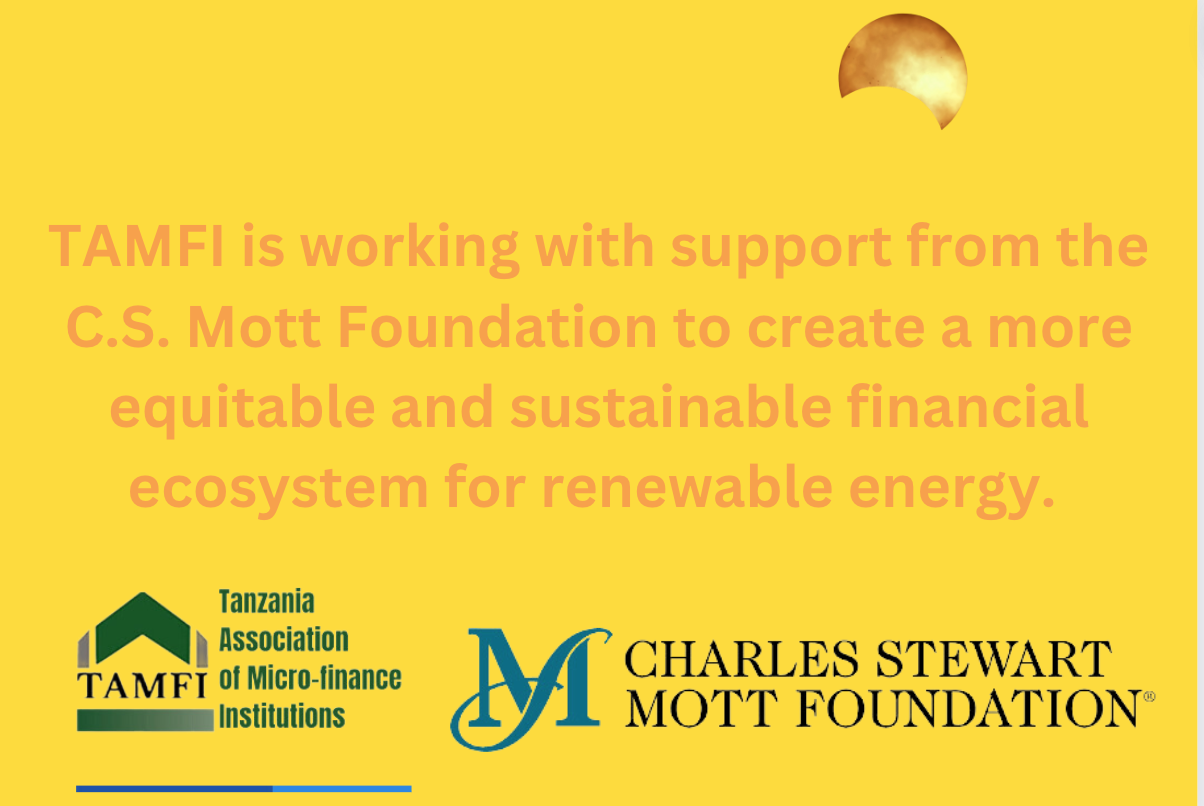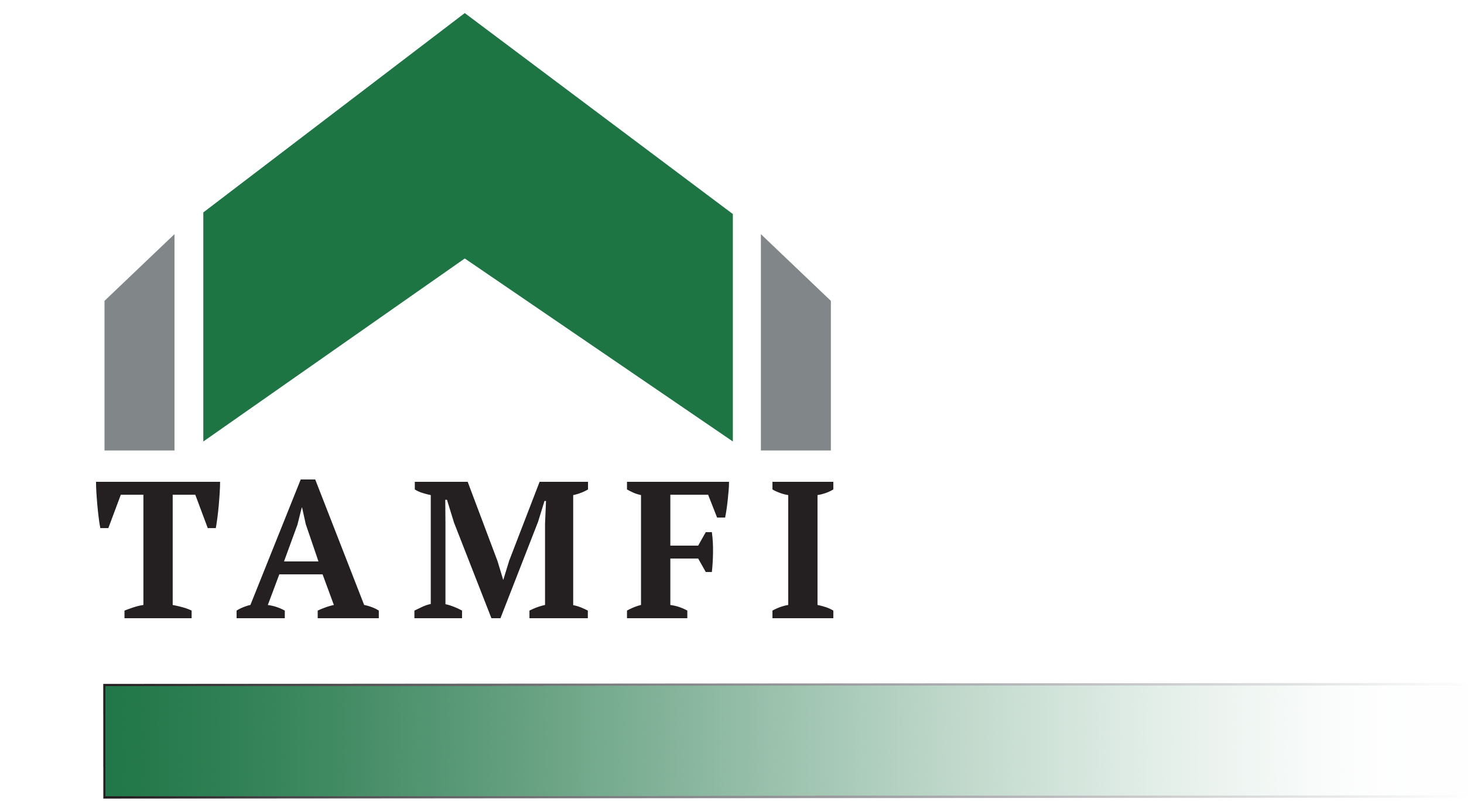
Serengeti
Penina Boto is a small-scale farmer and entrepreneur based in Serengeti-Mara, Tanzania. Like many other farmers in the area, Penina manually fetched water from a distance of 50 meters to irrigate her garden. However, this changed when she received a loan for a solar panel and a water pump for irrigation farming. With the help of this loan and the solar technology it provided, Penina could expand her farm from half an acre to five acres.
Before the loan, Penina used regular home electricity and sometimes solar energy. She spent 10,000/= Tanzanian shillings per month on buying electricity. At her grain milling and hulling office, she also used regular electricity. However, after receiving the loan for the solar pump, Penina has been repaying it with 60,000/= to 80,000/= Tanzanian shillings per month.
Penina is grateful to those who bring projects like this to her community. She now has faith and peace of mind because what she plants is what she expects to harvest. She has water and the power to farm and enjoys using alternative energy very much. Penina encourages others to work harder to expand the project and take advantage of the benefits of creating jobs and increasing income, which reduces poverty.
The loan for the solar pump has been a significant help to Penina, especially in terms of the repayment process, which she considers friendly. According to her, the amount does not constrain her and is more affordable, which doesn’t force her to pay stressfuly. She can’t sell her cows or goats to buy solar infrastructure all at once because she doesn’t have the ability. But because they lent her money and gave her time every month for more than a year, she is very grateful and asks them to remember and consider them in future projects.
When she received the solar pump loan, the stakeholders came and taught her how to use the infrastructure. There is also a strategic agreement that states that within the repayment period, any damage or repairs are up to them, and they are responsive, which she praises. Although she has faced the challenge of needing repairs twice, they came on time to fix the issues. However, the difficult challenge that she encountered and couldn’t get any help from the supplier was bursting the water pipes. Since this was not in their agreement, she had to fix it herself.
Penina advises the TAMFI leadership to continue to provide education and more equipment to increase productivity and enable them to get higher incomes than they are currently receiving. She would also like this education to spread to more people with the community and in the country. Before this project, things were not like this, and they used to carry buckets of water on their heads for a distance of 50 to 100 meters to irrigate their gardens. Now they have been enabled with this solar technology, and she is very grateful and asks the project to bring water tanks next time so she can store enough water to expand the production range. This will change her life and the lives of those around her.
The change has been evident in Penina’s life and work, as she can now harvest crops multiple times a year. For example, she harvests corn twice a year, and tomatoes three to four times a year. The same goes for watermelons and pumpkins. She admits that this project has greatly facilitated her life and work and hopes that more changes like this will happen so that others can see the benefits and join in. She also said that now she is able to manage and plan her time well in production activities.
Penina believes that if this kind of cooperation between financial institutions and farmers continues, Tanzania will be transformed and become a new country. This empowerment is crucial for the country as a whole. Currently, they cultivate using cows and their hands, but if combined with alternative energy, they can cultivate much larger farms, which will
TAMFI CEO Winnie Terry commended Penina could expand her farm from half an acre to five acres, increasing her productivity and income. “This is just one example of renewable energy enabling economic growth and supporting environmental conservation. Penina’s experience highlights the urgent need for more investment in renewable energy financing and education in Tanzania. By creating more awareness and providing accessible financing options, we can empower individuals like Penina to improve their livelihoods and contribute to a more sustainable future.”
*“The success story is a part of the “Energy Access: Building an Innovative Financial Ecosystem for Enterprises and End Users” project implemented by TAMFI and supported by the C.S. Mott Foundation. The project focuses on creating awareness and educating financial institutions and other stakeholders about decentralized renewable energy (DRE) for productive use and its benefits in increasing reliability and reducing costs in production.

